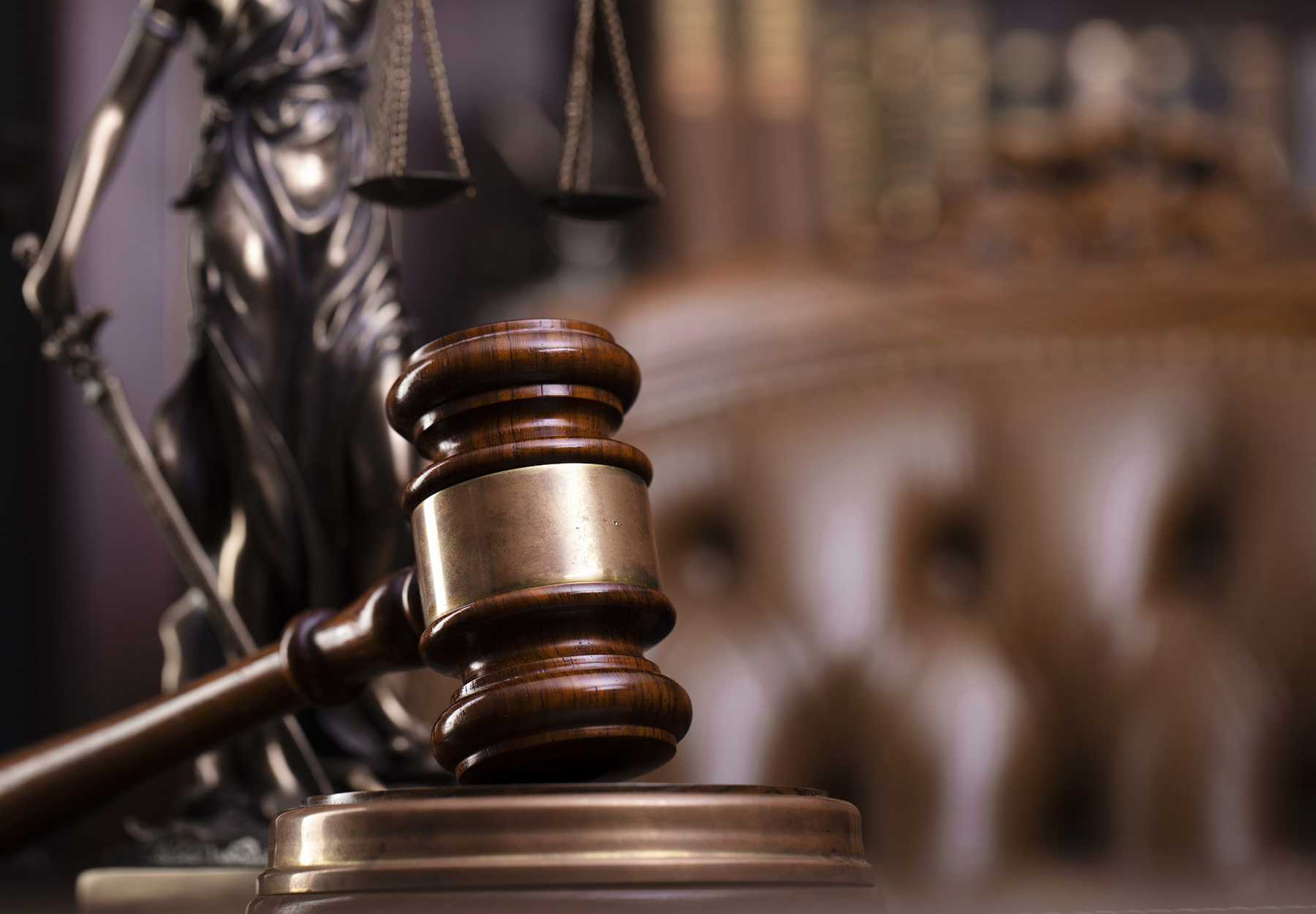The criminal trial continues for Elizabeth Holmes’ former lover and Theranos business partner, Ramesh “Sunny” Balwani, in the Northern District of California federal court. On May 10, Centers for Medicare & Medicaid Services (CMS) inspector Sarah Bennett, who carried out a lengthy inspection citing deficiencies in Theranos’ testing in 2015, testified that she spoke to Balwani about lab deficiencies “every day.” But Theranos took no action to invalidate the tests.
What made this even more surprising, according to Bennett, is that “Theranos said that the laboratory had concluded that there is a possible patient impact for every test reported from the laboratory’s TPS 3.5 instrument.” By “Theranos said,” Bennett was referring to former Theranos lab director Dr. Kingshuk Das in a patient impact review report prepared after the inspection. Balwani’s lawyers moved to exclude the testimony as hearsay.
Under the laws of evidence, testimony is inadmissible if it constitutes hearsay, i.e., is based not on a witness’s personal knowledge but on an out-of-court statement made by a person not made under oath. Exception: Hearsay is admissible when it’s a statement made by the party him/herself or an “agent” concerning a matter within the scope of the agency or employment. The statement may also be admissible if the party “authorized” or “adopted” it.
The court rejected the motion to exclude, suggesting that Das was, in fact, acting as Balwani’s agent, noting that Sunny held himself out as running the Theranos lab and that the patient impact summary was addressed to him. “Indeed, there is evidence that demonstrates that Dr. Das behaved like a subordinate would, by forwarding documents to Balwani and asking for approval,” the court concluded [United States v. Balwani, 2022 U.S. Dist. LEXIS 106371].
Get more insight on the trial in the April 2022 issue of Lab Compliance Advisor
